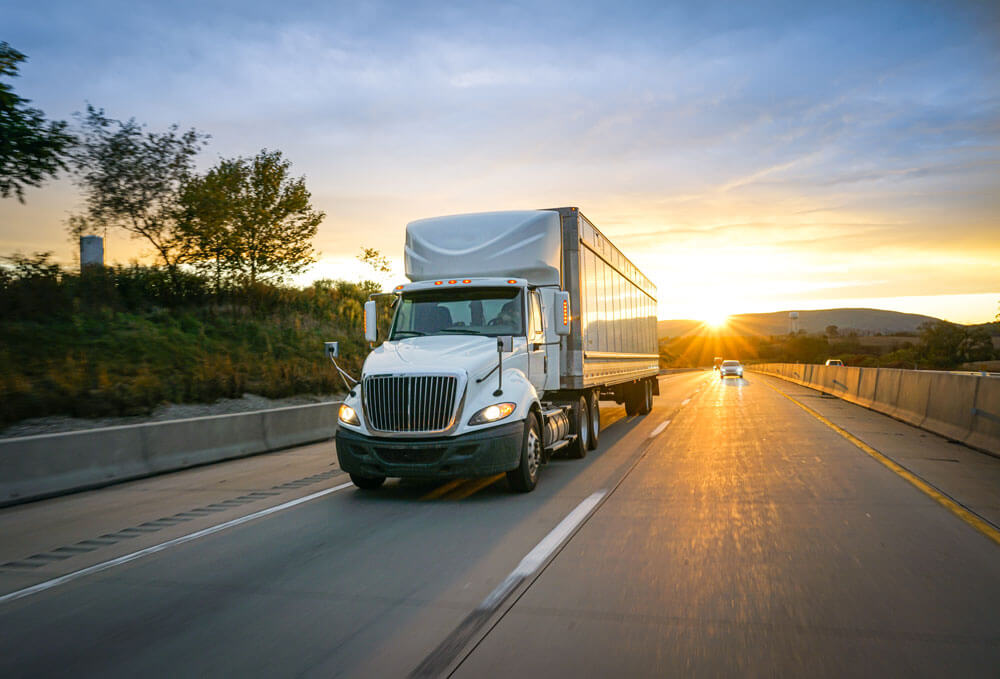General freight trucking forms the lifeblood of global commerce. This industry is dedicated to the task of transporting goods, raw materials, equipment, and other items from one location to another. Freight companies fulfill the essential role of connecting businesses with their suppliers and customers, often bridging significant geographical distances.
The freight trucking sector can be subdivided into two main categories: less-than-truckload (LTL) and truckload freight (TL). LTL transport typically involves the movement of smaller loads that don’t require a full trailer, while TL transport utilizes the entire truck for a single shipment. Each approach has its unique advantages and considerations, primarily based on the type of cargo and specific customer needs.
What’s General Freight Trucking?
General freight trucking involves an intricate network of stakeholders. The key players are truck drivers, freight brokers, dispatchers, and logistics coordinators. Truck drivers undertake the physical transport of goods. Freight brokers facilitate connections between shippers and carriers. Dispatchers monitor the progress of shipments, while logistics coordinators ensure the smooth running of operations, optimizing routes and schedules.
In this industry, responsibilities extend beyond just transportation. Players must also handle a range of logistical tasks like load planning, route optimization, timely delivery, and compliance with safety regulations. It’s a dynamic and fast-paced environment, requiring a high degree of coordination and precision.
The Role of Technology in Freight Trucking
Modern advancements in technology have greatly transformed the freight trucking landscape. Technologies such as GPS, electronic logging devices (ELDs), and freight management software have made operations more efficient and accountable. Real-time tracking has increased transparency for customers, providing updates on their shipments’ locations and expected delivery times.
The rise of artificial intelligence (AI) and machine learning technologies is also significantly impacting the industry. Predictive analytics can help in anticipating potential delays due to weather or traffic congestion, and route optimization algorithms can streamline delivery routes to maximize efficiency.
Future Trends
As we look to the future, the general freight trucking industry will continue to evolve and adapt. The industry is seeing increasing interest in eco-friendly practices, with the push for electric trucks and lower emissions becoming more pronounced. Furthermore, automation is on the horizon, with self-driving trucks likely to revolutionize the sector. These innovations have the potential to increase efficiency while reducing the industry’s environmental footprint.
Moreover, a more globalized world economy will inevitably drive demand for freight trucking services. As businesses expand their reach, the ability to move goods efficiently and reliably across vast distances will be a key competitive advantage.
Bottom Line
General freight trucking plays a pivotal role in global commerce, enabling the efficient transport of goods across the globe. This industry’s landscape, characterized by its reliance on advanced technology and commitment to sustainable practices, is dynamic and ever-evolving. As we move forward, the freight trucking industry will continue to adapt and innovate, ensuring it remains at the forefront of global trade logistics.
Additional Resources for Truck Drivers:
- For free truck insurance quotes
- What is reefer trucking?
- How long does it take to get a DOT number on average?


